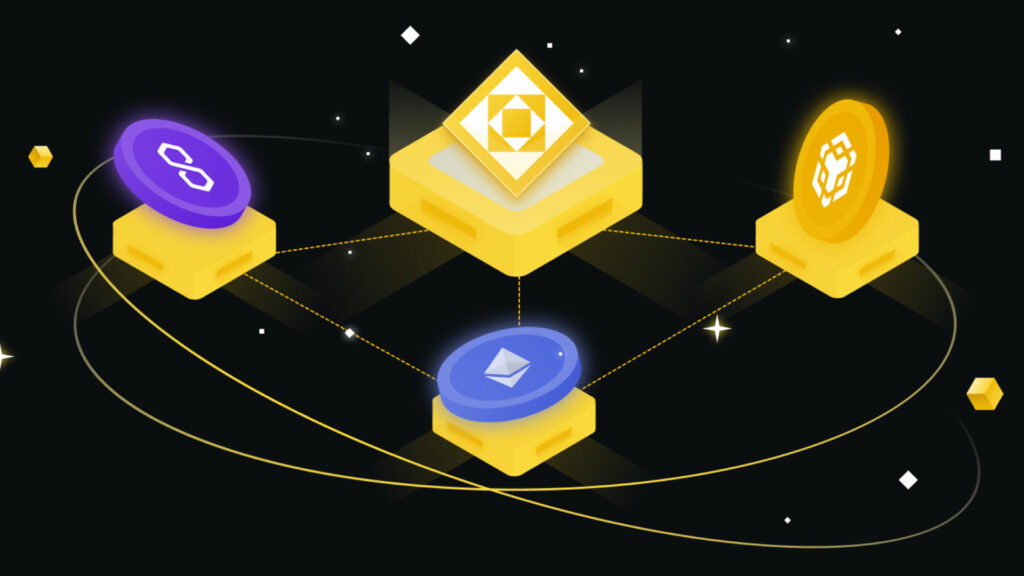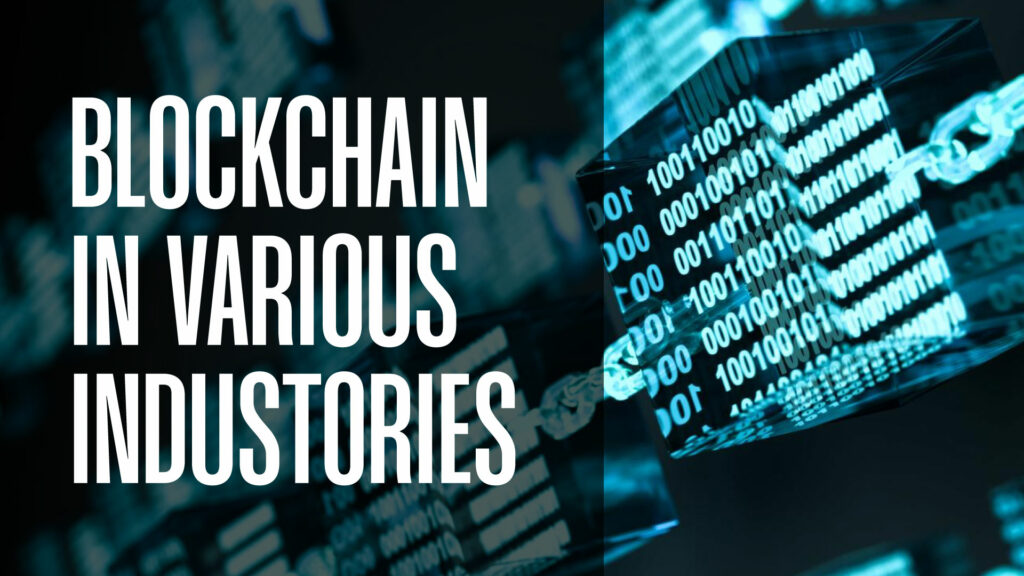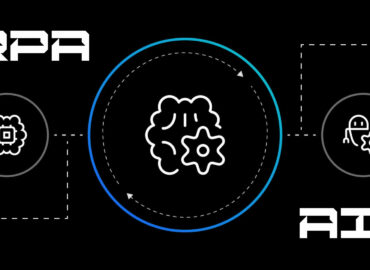What is Blockchain technology? : It’s service and NFT integration
Introduction
Blockchain technology is a database system that keeps a record of information. It is an advanced and one of the most secure methods to store data, as it is intractable and cannot be breached. Blockchain is also a distributive ledger that carries transactions across various networks. Hence, the term “block” is used, which saves data in “chains” connected through peer-to-peer nodes. The best thing about blockchain is that it is authorized by the owner’s digital signature and data is accessed by everyone but can’t be manipulated.
The digital world relies on data transfer and at the same time, data security is the main concern. Blockchain technology has revolutionized the transaction process with its decentralized system in bank transfer, finance, manufacturing, etc.
In the following article, we will take a look at working behind blockchain, its services, and integration with NFTs.

How does it work?
Blockchain technology is very popular among businesses, given its acute functioning and enhanced security. It incorporates multiple technologies, like cryptography, peer-to-peer networking, and computing. The information is put into a block, just like in a spreadsheet. After that, the data is encrypted to create a hash and this series of blocks chain together to encrypt the data.
For transactions to take place, a public or private key is used to create a block between two parties. This block includes the necessary information about the sender and receiver, along with digital signatures and a time record. Once the network nodes match the right key, a transaction takes place.
This whole process is decentralized, transparent, and stored on a blockchain platform. The transaction details are saved on the hash address of the clock to keep a record.

The services of Blockchain in various industries
Blockchain technology is common to any industry because data is involved in every field existing today. Be it finance, banking systems, currency, voting, the food industry, or real estate, it is adaptable to each of them. Many big tech companies, such as Walmart, IBM, Unilever, etc., are shifting their transactions and tracking to blockchain. Some of the services and benefits of blockchain in various industries are as follows:
1. Banking and Finance
The most notable revolution in blockchain will be in the banking system. It would add more transparency, security, and efficiency to performance. It’s also scalable, as researchers say that by 2023, transportation costs will decrease by 11%. This method also saves time, as transactions will take place in seconds or minutes. Consumers will be free from banking hours and large sums of money could be transacted securely.
2. Currency
The most popular currency at this time is cryptocurrency, like Bitcoin and Ethereum. Unlike traditional banking systems, the blockchain foundation is decentralized, meaning it is not under any authority or government control. Hence, shifting to blockchain networking will save any hacking threat, information leak, or fear of bailout or bankruptcy.
3. Healthcare Systems
It is very important to keep medical records secure. Patient records can get mixed up in any traditional system of data entry. A blockchain system not only generates a private key but also provides a specific code, adding high security. In this way, there are very few chances of missing or manipulating patient records.
4. Real estate Records
The real estate department deals with recording huge sums of property data. It is also a hefty and laborious job for the owner to register his property in the local recorder’s office. All of this data is put manually into the system and takes a lot of time. But if property records are stored on blockchain, then there is no need for physical verification. It not only saves time but also avoids property disputes.
5. Supply Chains
In addition to digital transactions, blockchains have huge potential in transportation or the supply chain. There is a complete system involved in product management, such as suppliers, distributors, retailers, etc. If the system’s architecture is based on blockchain technology, then the whole process will be streamlined. It would be easy to track and locate the products en route over a large distance.
6. Voting System
Blockchain can also assist in driving the election process with transparency. This would completely eliminate election fraud. It would also increase voter participation, reduce staffing, and save time. This would ensure genuine results without any threat of election tampering.
Blockchain and NFT Integration
NFTs are non-fungible tokens, meaning they are non-tradable assets. These tokens have their own unique code, which is later saved on the blockchain. Assets are digital possessions or any physical collectable, like artwork, that has an attached value to it. Each token or asset has an owner who possesses the private key and can trade it in exchange for cryptocurrency, money, or another NFT. NFT has changed the market selling and buying process by removing intermediaries. Buyers and sellers can directly communicate and a blockchain will provide a secure platform for transactions. The most common applications of NFT are in virtual marketing, art, games, real estate, and other luxuries.
Conclusion
Blockchain is the latest technology that has transformed data transfer and storage. It has added more security and privacy by decentralizing the whole process. Many industries have adopted this new technology, which has gained immense benefits. By 2030, the blockchain will increase its business value to 3.1 trillion dollars. The reason behind this urge would be the reliability and security provided by this new system. With reduced costs and greater transparency, it would reinvent business models across industries.







